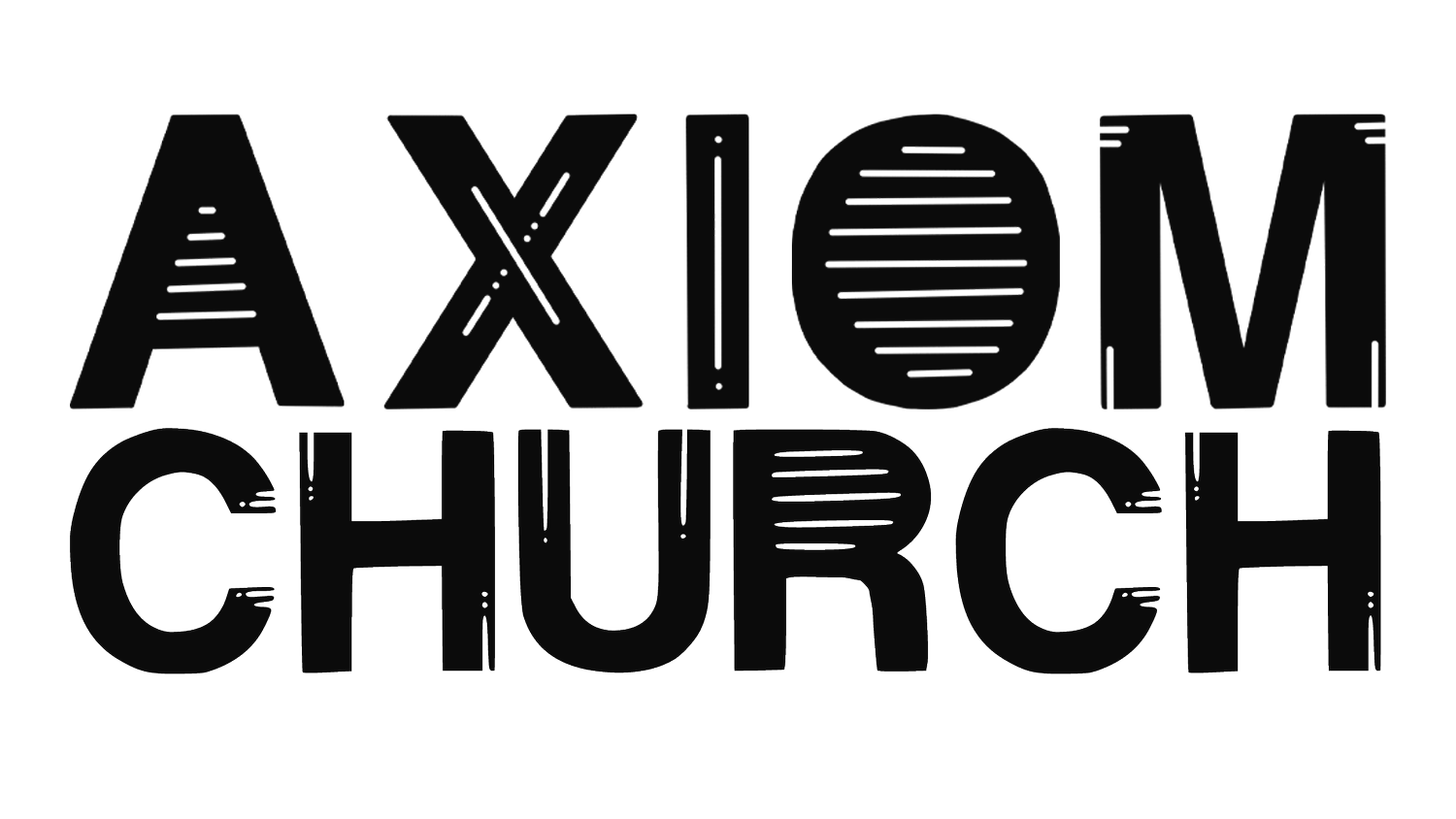Favor
by Ross Bentley
“The angel went to her and said, “Greetings, you who are highly favored! The Lord is with you.” Mary was greatly troubled at his words and wondered what kind of greeting this might be. But the angel said to her, “Do not be afraid, Mary; you have found favor with God.”
“Glory to God in the highest heaven,
And on earth peace to those on whom His favor rests.”
Luke 2:14
The Gospel message, as it is told, even in the Christmas story, is a story of favor. It was a primary message of the angelic messengers to the people who would receive it. We see it here when Gabriel brought the wonderfully disruptive message to Mary, that God had chosen her to form, deliver, raise, nurture and love His Son. He was bestowing favor on her. Again, as the angel delivered the message to the shepherds outside the city, he was joined by a resounding choir of angels proclaiming the message of God’s favor to those recipients of his grace. These shepherds were not used to the favor of anyone, let alone God Almighty!
What is favor? Websters defines it as:
-friendly regard shown toward another especially by a superior; a gracious kindness
The Greek word has as its root the same word that is used for ‘grace’ as well as ‘charisma’ - a heavenly gift of grace.
One of my pastor friends would often say to his congregation - “You are one of God’s favorite children. He has your picture in His wallet!” These days, a modern translation of this might be -"He's got your picture saved on His phone!”
After Jesus' baptism and 40 days alone in the wilderness, He returned home and showed up in the local synagogue to announce the start of His ministry. To do this, He used a quote from the prophet Isaiah:
“The Spirit of the Lord is on me,
because he has anointed me
to proclaim good news to the poor.
He has sent me to proclaim freedom for the prisoners
and recovery of sight for the blind,
to set the oppressed free,
to proclaim the year of the Lord’s favor.”
Jesus declared that with the coming of the Kingdom of God, all of humanity can enter into 'the year of the Lord’s favor.’ Paul goes into a little more detail about this favor from God:
17 Therefore, if anyone is in Christ, the new creation has come: The old has gone, the new is here! 18 All this is from God, who reconciled us to himself through Christ and gave us the ministry of reconciliation: 19 that God was reconciling the world to himself in Christ, not counting people’s sins against them.
2 Cor 5:17-19
God is no longer counting our sins against us. Now that is favor! And that is good news! It doesn't always come across that way, does it? But this truly is the message God has for all of us.
This reminds me of a story from 2 Kings 7.
During the time Elisha served as a prophet of God, the nation of Israel was at war with the Arameans, and they had laid siege to the city of Samaria. It was an horrific situation for the entrapped people. There was great famine, and the people were desperate. Then Elisha boldly prophesied to the king that the siege would be lifted by the next day.
At this time, there were 4 men who suffered from leprosy and lived outside the walls of the city. They were waiting by the city gates for food to live on, but there was none. They finally said in desperation, “Why wait here and die? Why not go over to our enemy’s camp? If we die, no difference, but if they spare us we will live.” So they went over to the place where the Aramean army camped at dusk. As they entered the camp, they found it had been abandoned - there was no sign of the enemy anywhere in the camp. They had fled in fear of the Lord. The tents were left empty, fully stocked with food and wine and plunder. The 4 lepers feasted and drank in that first tent, and took the plunder and hid it, then came back to do it all again on the next tent. All this for them, and why not! Didn’t they deserve it? Hadn’t they suffered enough? Why not take this all for themselves? After all, they had been rejected by God, and had been outcast by their own people - banished outside the city because of their affliction. They had finally found favor!
But in a moment of gracious revelation, they said to one another - “This isn’t right. This is a day of good news and we are keeping it to ourselves… Let us go at once and report this...” And so they did, and the result was that the whole city became beneficiaries of this gracious provision.
How wonderfully true that God has bestowed His favor and grace on us. We absolutely are some of His Favorite Children! And this message is meant for the whole world - our family, friends, neighbors, strangers and foreigners alike! God has declared the time of His favor through Jesus. And this is our message for others - God is no longer counting our sins against us! Your sentence has been commuted, you’ve been pardoned, you are free! This is the year of the Lord’s favor!













